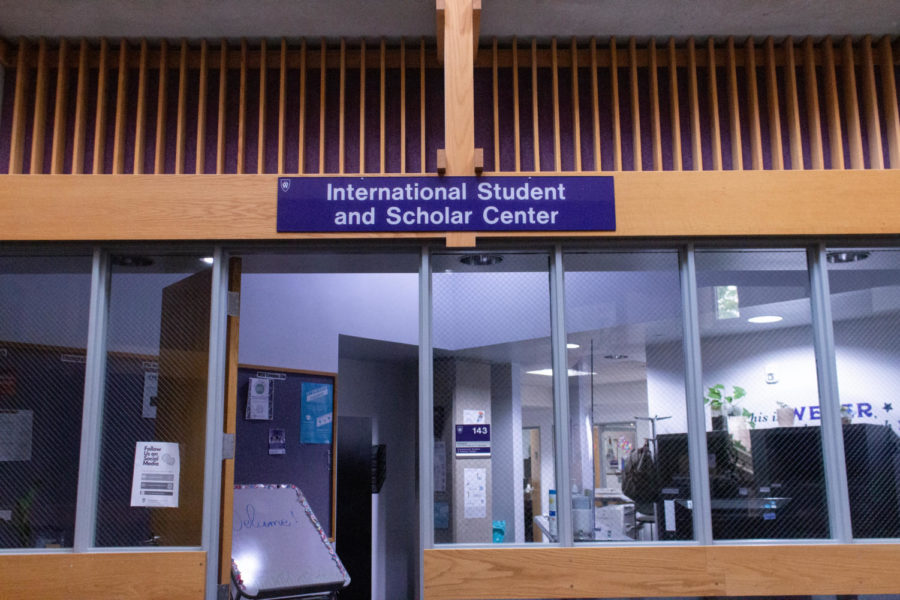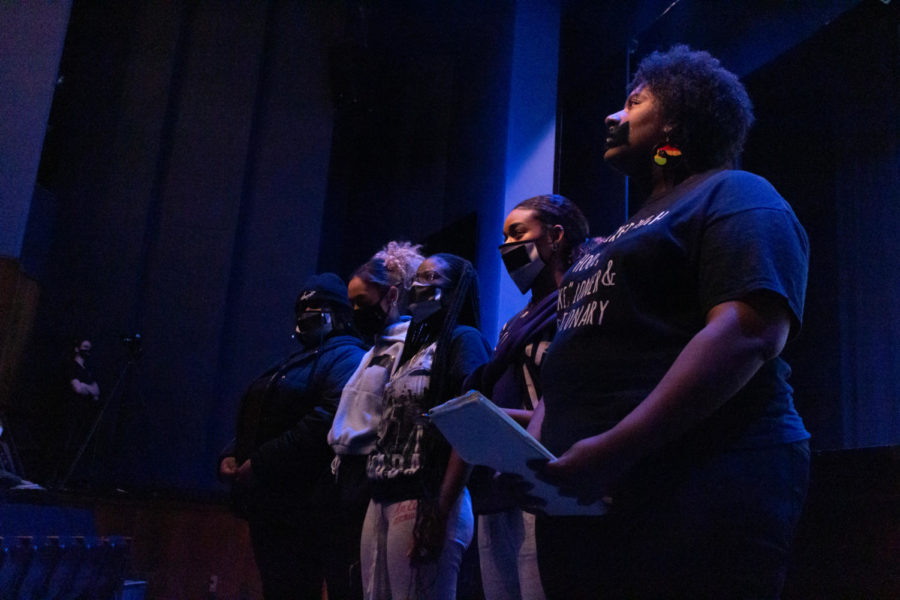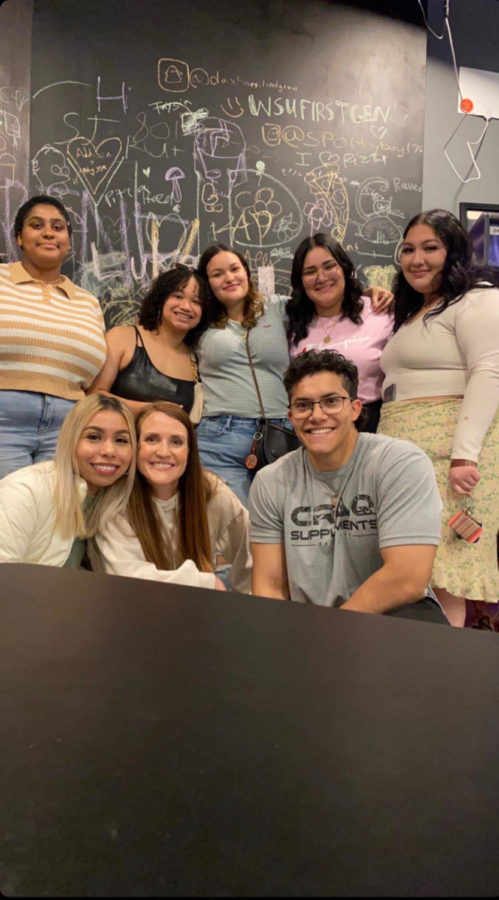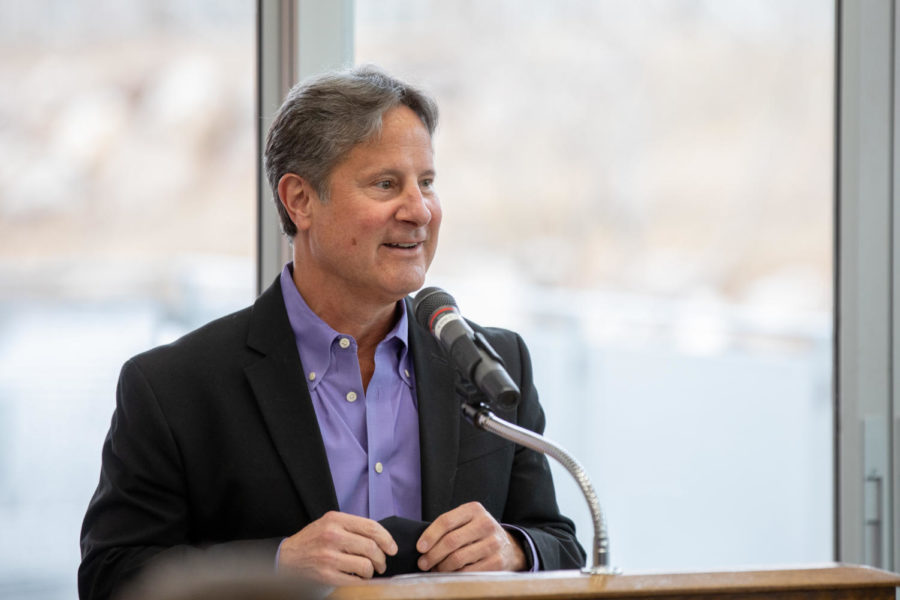During freshman and transfer student orientation, one of the many stops students make is a visit to an academic adviser’s office. This stop, though short, can be one of great influence and importance in a student’s college experience.
Eric Neff, director of admissions, advisement and recruitment for the Dr. Ezekiel R. Dumke College of Health Professions, said that while he enjoyed his college experience, he could have saved time and money had he seen an academic adviser earlier in his college career.
“I took a lot of physical science courses that I didn’t need,” Neff said. “Thankfully I was able to turn that into a minor, but at the same time, you don’t want to take undue or unnecessary courses.”
Neff said the best way for students to save time, money and energy in college is to understand where they want to go academically. From there, an academic adviser can help students create an academic plan which uses the student’s time and financial resources as effectively as possible.
“We’re kind of shepherds for the students,” Neff said. “Students have their agency to make their own choices but we like to shepherd our students to the best path and to the safest path . . . We want them to be able to get through college at their own pace, but we want them to be able to take the right classes.”

Jane Stout, academic adviser for the college of science, said it’s never too early or too late for students to come in and make an academic plan for their schooling and that students should visit with their academic adviser at least once a school year, if not once a semester.
Stout suggested that high school students considering taking advanced placement and concurrent enrollment courses visit with an academic adviser so their efforts can be maximized.
Another benefit to visiting with an academic adviser is while an adviser can help a student create an academic plan, advisers can also help students become involved in their program via clubs and organizations, research opportunities and other extracurricular activities, that can build upon or use skills students learn in the classroom.
“It’s been shown through all sorts of research that students who are engaged are more successful academically,” Stout said. “Students that become involved with those kinds of things learn how to use the knowledge that they get in the classroom and learn to apply those concepts and that makes them better prepared for graduate programs.”
Sherrie Jensen, advisement coordinator for the health promotions and human performance program, said another advantage to talking to an academic adviser is that they are familiar with the course work and the professors in their area of advisement. They can help students understand and complete classes that are prerequisite to desired programs, allowing students to get into their program faster.
“Some programs on campus are true four-year programs, and some are two plus two where you work on your generals for two years and then spend two years doing major course work,” Jensen said. “There are some programs that if you wait and do your generals first, and then start your program, you’re going to be on campus a lot longer because it isn’t a two-year program.”
According to Jensen, each academic adviser comes to their position in a different way, but each has a desire to see students excel in their post-secondary education. “I remember how much getting my degree changed my life,” Jensen said. “I know what a big difference it’s going to make in their lives.”






